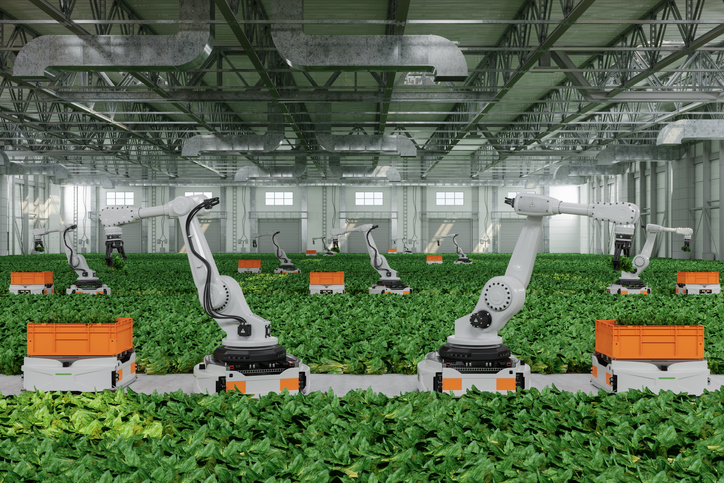The Indian agritech sector shows immense potential to bridge the technological gap in agriculture, with 19 agritech soonicorns and 40 minicorns leveraging emerging technologies like AI and innovative business models, according to a new Reserve Bank of India (RBI) paper.
While only one unicorn has been identified in India’s agritech landscape, the total number of soonicorns (startups on the verge of becoming unicorns) and minicorns (early-stage startups) is estimated at 19 and 40, respectively, stated the paper titled “Agri-Tech Startups and Innovations in Indian Agriculture” by D. Suganthi, Jobin Sebastian, and Monika Sethi.
A survey of agritech startups highlighted their reliance on government funding support, research and development, and state-backed digital infrastructure for growth.
India’s agritech ecosystem has witnessed a surge in investor interest, with investments increasing from $370 million in 2019 to $1.25 billion in 2021. However, investor interest moderated after 2021, in line with global trends.
Globally, funding for agritech companies peaked at $10.9 billion in 2021 and 2022 but sharply declined to $5.2 billion in 2023.
“In terms of funding share, the US leads with 43.2 per cent, followed by China (14.4 per cent), Canada (12 per cent), and India (8.5 per cent). This indicates that the Indian agritech ecosystem has garnered a significant share of global funding,” the paper noted.
The central government is promoting agripreneurship and innovation by reducing regulatory barriers, developing innovation-driven infrastructure, and fostering active collaboration among entrepreneurs.
“It plays a significant role in building a robust ecosystem for nurturing innovation and facilitating agritech mainstreaming by developing an agri-stack,” the paper emphasized.
Emerging technologies such as the Internet of Things (IoT), big data analytics, artificial intelligence (AI), blockchain, remote sensing, biotechnology, drones, robotics, and automation are being adopted by several agritech startups.
Government initiatives such as Digital India, Make in India, startup funds, and accelerator and incubator programs have been instrumental in accelerating the growth of agritech startups, particularly during the pandemic.
However, the paper cautioned that despite the progress made, agritech startups in India face significant challenges in scaling up their operations. The sustainability of these startups depends on the adoption of modern technologies by farmers.
“Key challenges hindering growth include insufficient funding, fragmented landholdings, and the longer time required to achieve revenue generation,” it added.
(Inputs from IANS)














